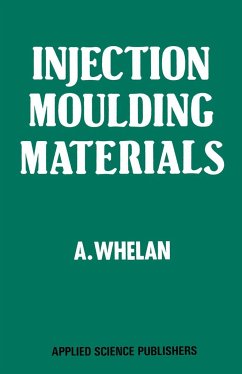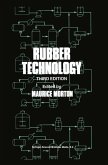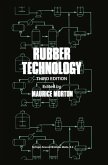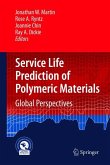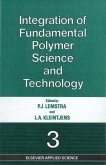In order to make the subject manageable the term 'injection moulding' has been restricted in its use so that only those processes which rely on thermal softening of the polymeric materials have been described and discussed in this book. It is intended to discuss the subject of reaction injection moulding in a separate book. However, even with this omission, the subject is still a very large one as nowadays many sorts or types of polymers are injection moulded. For example, it is estimated that one-third of all plastics materials are injection moulded-the range of products produced is enormous and increases daily. Because most moulding materials are based on plastics, in particular thermoplastics, the materials guides which form a large part of this book concentrate on the moulding of thermoplastics materials. Such guides should only be treated as general guidelines as each of the materials is normally available in a wide range of grades. These may differ in polymer molecular weight, molecular weight distribution, the additives used and their concentration, the physical form of the moulding compound, etc. A wide range of processing behaviours and end-use properties is therefore possible from any of the materials listed. This versatility is typified by the rubbery polymers which are compounded into an incredibly wide range of compounds. Because of this versatility only a very general guideline has been given for such materials.
Hinweis: Dieser Artikel kann nur an eine deutsche Lieferadresse ausgeliefert werden.
Hinweis: Dieser Artikel kann nur an eine deutsche Lieferadresse ausgeliefert werden.

